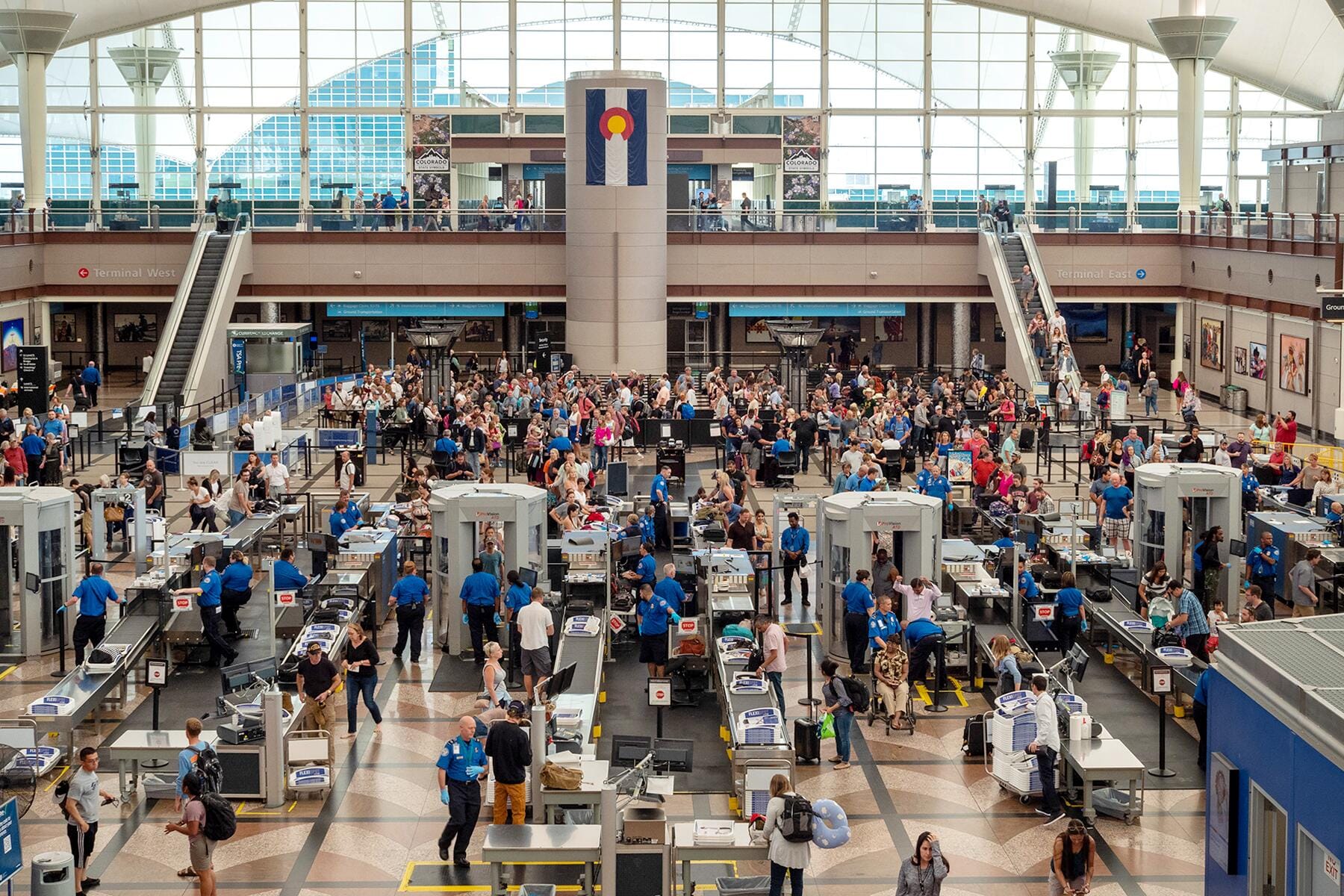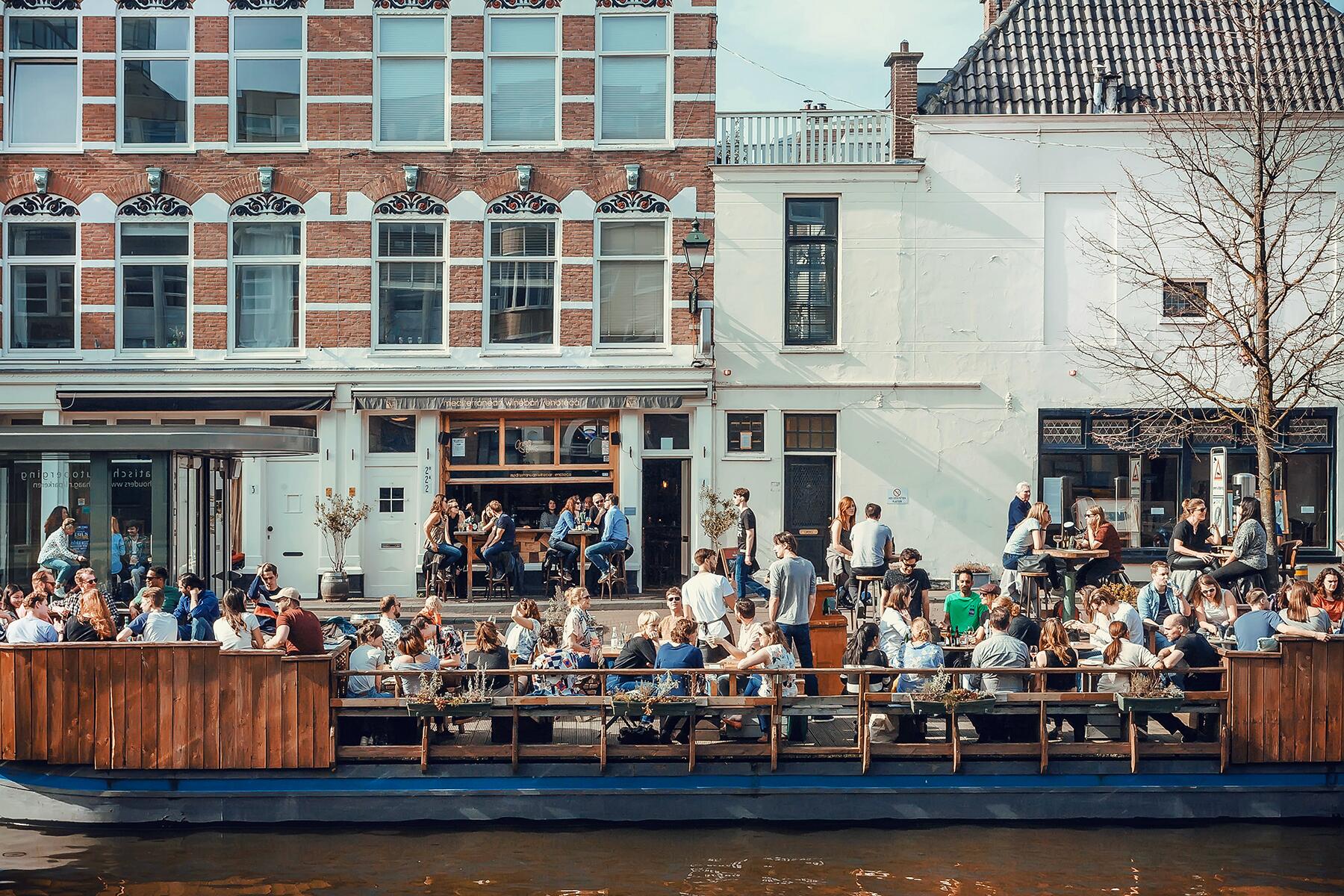But don't worry–there's a way to save if you plan ahead.
Tourists in Paris have one more expense to consider: public transportation costs are set to almost double. But there’s a way around the spike for the 15 million people who are expected to descend on the City of Light for the Olympics this summer. Paris has a metro pass that can save them beaucoup bucks.
Related: Olympics Could Impact Paris Travel All Summer Long
Gear up for the Olympic
France is set to host more than 300 events across 35 venues throughout the country. The Opening Ceremony along the Seine will bring in as many as 325,000 spectators; over the course of 16 days, millions will be swarming the city.
This means that crowds at iconic attractions like the Louvre and the Eiffel Tower will be massive. Getting to these spots is expected to be a particular challenge with traffic snarls and crowded metros and buses. Adding to the mix, metro prices are going to practically double this summer. The cost of a single metro ticket will jump to €4, up from €2.10–though locals will be shielded from this extra change.
To help visitors save, the city has launched a “Paris 2024” pass that costs €16 for a day and €70 for a week, with an initial charge of €2. It’s a physical pass that you can order ahead of time here (it ships internationally) and the digital version will be available on an app in June. With this pass, spectators will able be to journey to all venues—many are far flung—as well as travel to and from the airports.
Recommended Fodor’s Video
Stress on Infrastructure
Parisians are concerned about their ageing metro system. The city was one of the first to build a metro network in the 1900s, but an explosion in population since has meant that it has often failed its residents. The situation worsened after COVID with the cutting of routes and furloughing of employees. Last year, one in five trains on some lines ran late, further frustrating Parisians.
Thus, the city has invested in a 120-mile expansion with four lines and 68 stations–it’s currently the biggest civilian infrastructure project in Europe. The project has been delayed and won’t be fully operational during the Olympics, but it will ease some of the strain on public transportation.
The French Transport Ministry is optimistic about the new rail lines and they estimate that it will increase capacity by 15%.
Another piece of good news is that the boom in Olympic hotel and home-share prices may be waning. A year ago, the cost of staying in Paris for a night during the games was at €1,023. However, this month, it significantly reduced to €436 per night.
And rates may continue to lower. Paris officials are comparing the situation to the London 2012 Olympics, when hotel prices soared in the beginning but gradually came down, due to increased occupancy and regulating for customer demands.
Related: Need a Hotel for the Paris Olympics? We Have a Few Ideas for You (But Book NOW!)



